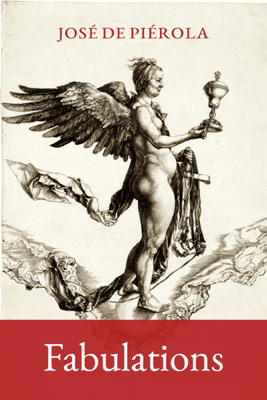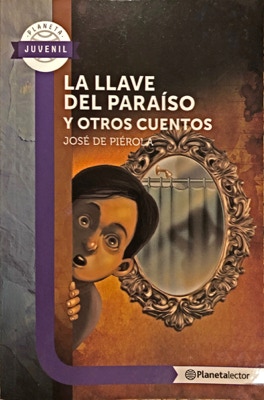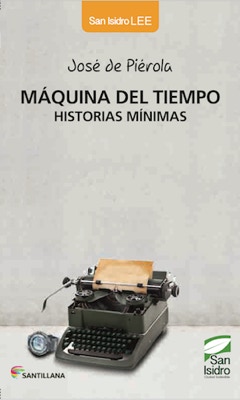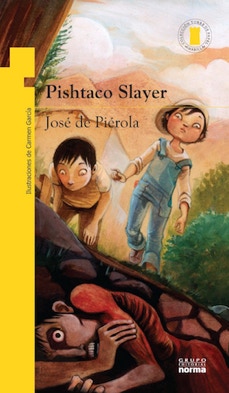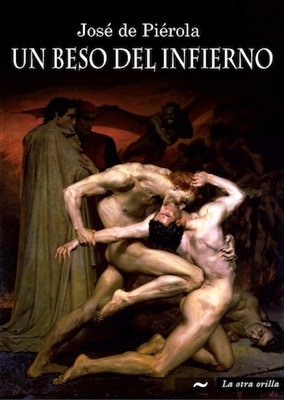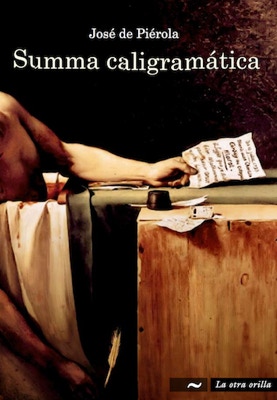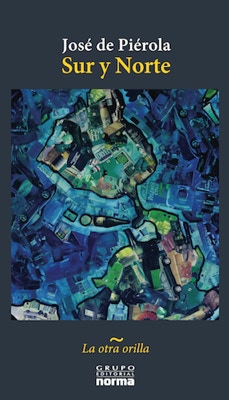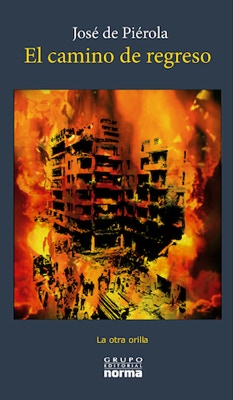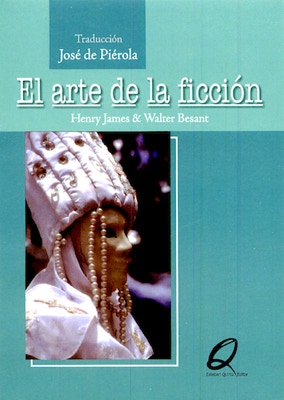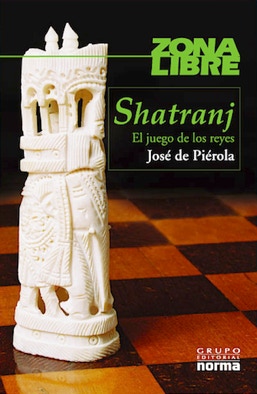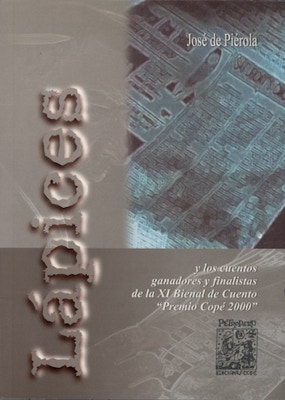This story is based on an ancient Andean myth. The “pishtaco” is usually a fair complexioned, blue-eyed man waiting on desolate roads to kidnap and kill his victims in order to extract their fat. This centuries-old myth was probably created as a way of coping with the economic and labor relationships imposed by the Spaniards upon their arrival in the Peruvian Andes in the sixteenth century. Nevertheless, it is still widely circulated to the present day: every Andean town has a pishtaco story to tell. In this retelling of the myth, two twelve-year old friends investigate a man who, to their minds, could be responsible for the dead peasants showing up around a small Andean town. Complicating matters, the insurgency, who has been waging a war for almost ten years, becomes another lethal presence in town. These two factors, the myth and the reality of war, intermingle in the imagination of the two young characters. The book was published by Grupo Editorial Norma in their series “Torre Amarilla” for young readers, and presented in the International Book Fair in Lima.
